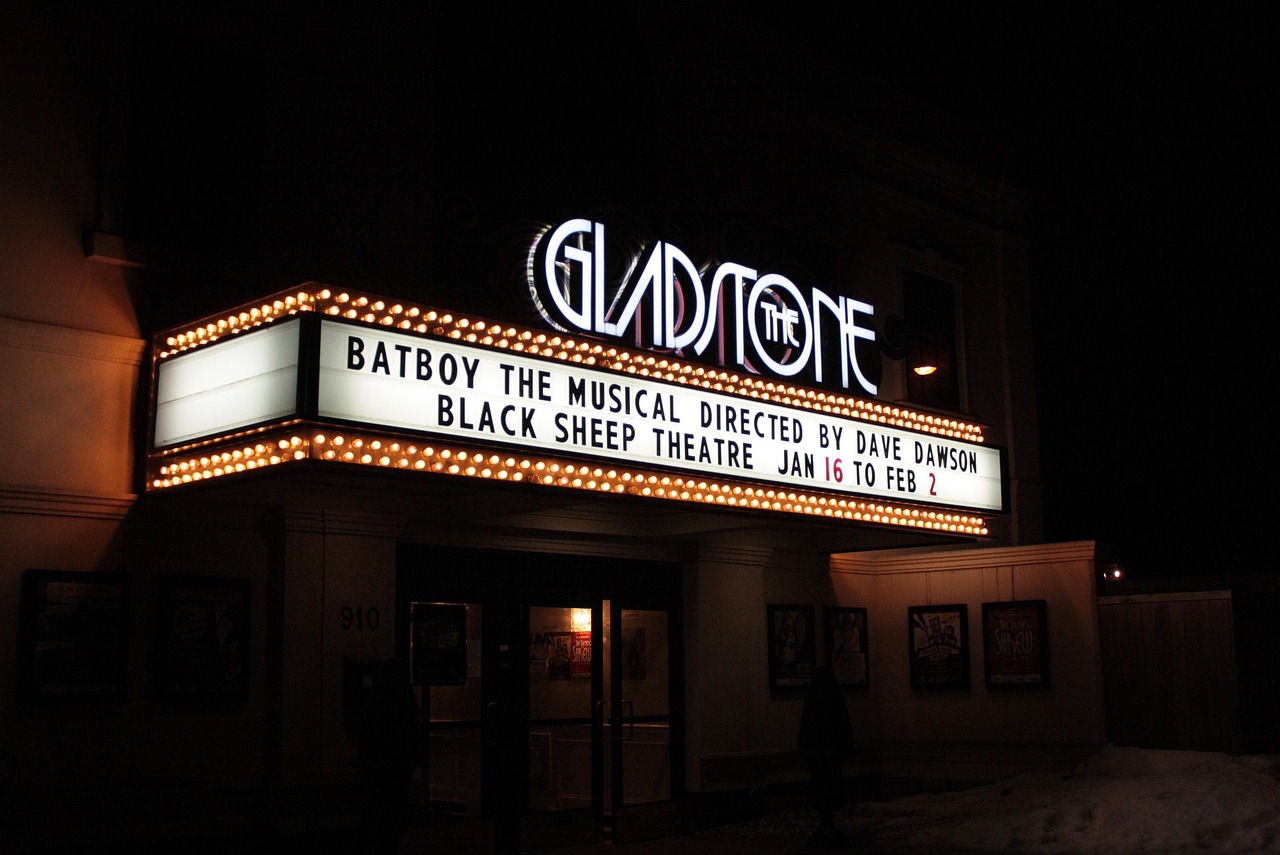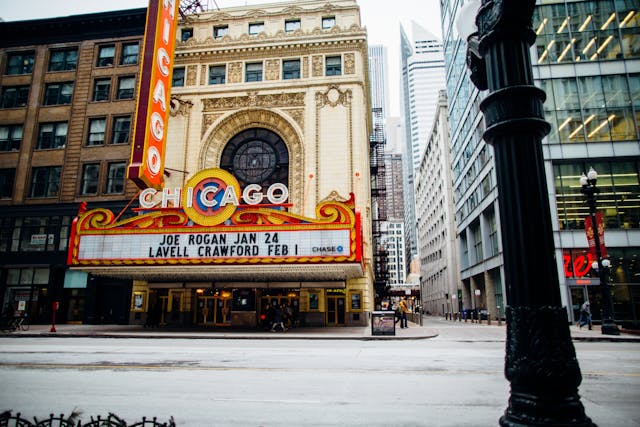Broadway is often seen as the pinnacle of theatrical achievement, a magical place where dreams come to life on stage. But not every show that steps into the spotlight enjoys a standing ovation. In fact, some productions have found themselves crashing and burning spectacularly, leaving behind tales of woe that echo through theater history.
From notorious opening night disasters to budget blowouts and scathing reviews, these flops remind us that even in the world of glitz and glamour, failure can lurk just around the corner. What leads to such dramatic downfall? Is it mismanagement or mere bad luck? Perhaps it’s an ill-fated script or cast drama stealing focus from performances. Let’s find out.
Infamous Opening Night Disasters
Opening night is supposed to be the culmination of hard work and dreams, but for some shows, it becomes a nightmare. Take “Spiderman: Turn Off the Dark.” This ambitious production faced technical malfunctions that left cast members dangling mid-air or falling from heights—literally. With injuries and delays piling up, critics were quick to pounce. Then there was “Carrie,” which opened in 1988 to a chorus of boos. Its premise might have piqued interest, but the execution fell flat with laughable effects and awkward performances. The audience’s laughter quickly turned into disbelief as they witnessed its descent into chaos. These disasters are often accompanied by palpable tension backstage, where nerves run high and stakes are even higher.
Budget Blowouts That Bankrupted Productions
Broadway is known for its grand spectacles, but sometimes the price tag can spiral out of control. Productions with ambitious visions often find themselves trapped in a cycle of overspending. Take “Spider-Man: Turn Off the Dark,” for example. Initially budgeted at $45 million, it ballooned to over $75 million before it even opened. Creative ambitions collided with financial reality, leading to one of Broadway’s most infamous disasters. Another cautionary tale is “The Pirate Queen.” Its lavish sets and extensive cast were meant to dazzle audiences but resulted in a staggering budget that couldn’t be recouped. The show closed after just 85 performances, leaving producers reeling from losses.

Terrible Reviews That Closed Shows in Days
Broadway is a world where critics hold immense power. A scathing review can spell disaster for a show, often causing it to close within days. Take “Moose Murders,” for instance. This comedy opened in 1983 and received such brutal critiques that it shuttered after just one night. Audiences were baffled, and the reviews reflected their confusion. “Spider-Man: Turn Off the Dark” faced a similar fate during its tumultuous run. Despite the hype surrounding the music by U2’s Bono, harsh evaluations highlighted safety concerns and convoluted storylines. The production struggled to stay afloat amidst negative press. Even beloved stars aren’t immune. “The Cher Show” garnered mixed reactions despite featuring an iconic figure from pop culture. Critics pointed out flaws in pacing and execution, leading to early closure.
Cast Drama That Overshadowed Performances
Cast drama can wreak havoc on a production. When egos clash, tensions rise. That friction spills over into performances, distracting audiences. Take “Spider-Man: Turn Off the Dark.” The show’s tumultuous cast relationships made headlines more than its music or choreography ever could. Stunt injuries and personal disputes created a chaotic environment that overshadowed everything else. Then there’s “The Wedding Singer,” where behind-the-scenes disagreements led to major cast changes mid-run. Instead of focusing on delivering stellar performances, actors dealt with shifting dynamics that affected their chemistry on stage. Such turmoil is often visible to the audience. It disrupts the flow and energy that make live theater so captivating.
How Today’s Producers Avoid These Mistakes
The world of Broadway is a high-stakes arena where dreams can quickly turn to dust. Today’s producers are acutely aware of the lessons learned from past flops. They approach projects with caution, ensuring they have solid foundations before setting foot on stage. Previews now serve as valuable testing grounds. Producers gather audience feedback and tweak performances based on initial reactions. This iterative process helps refine shows long before opening night. Reviews still hold significant power, but savvy producers employ marketing strategies that build anticipation ahead of time. A strong social media presence can shift narratives and shape public perception even before critics weigh in.

